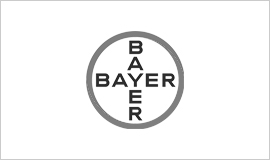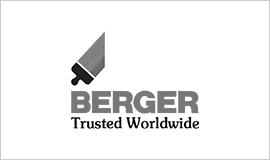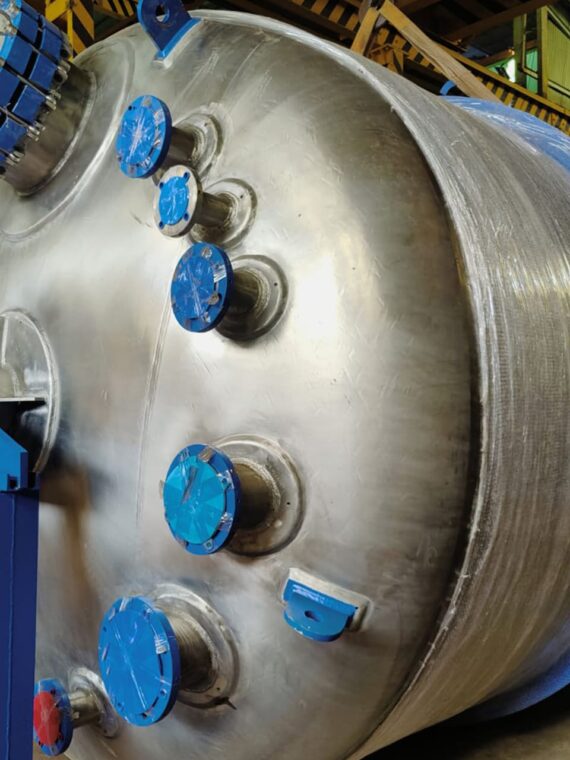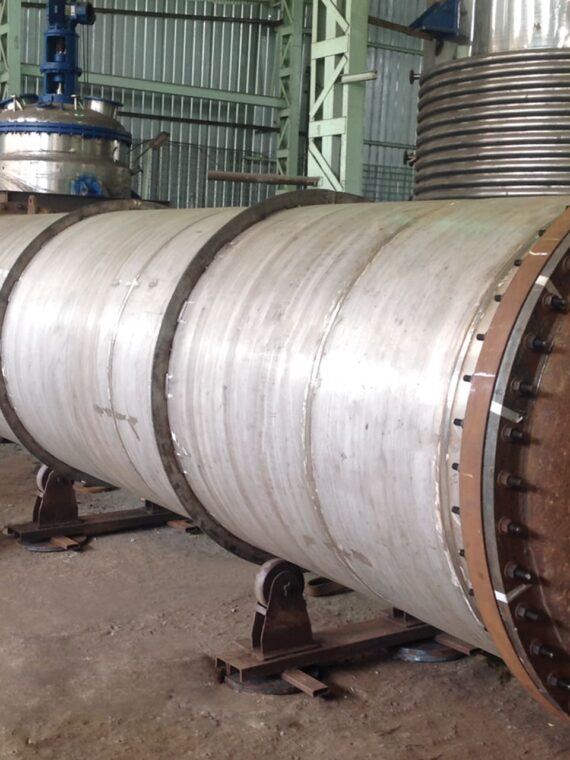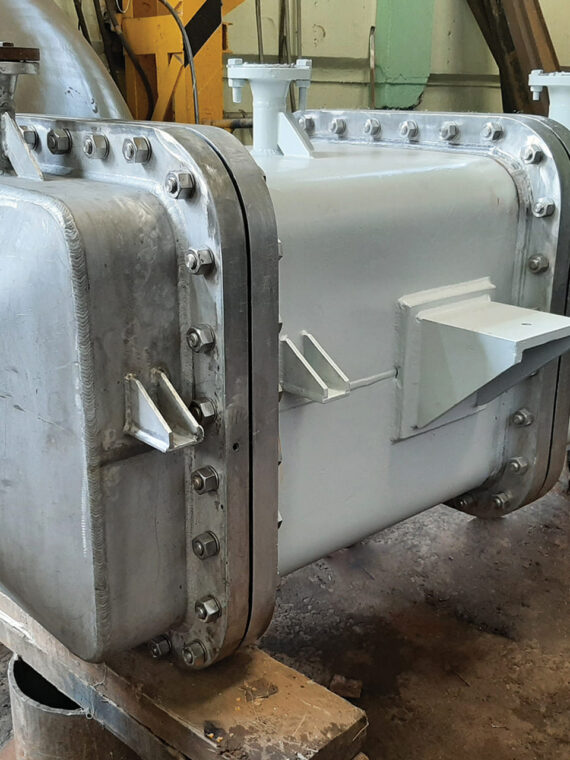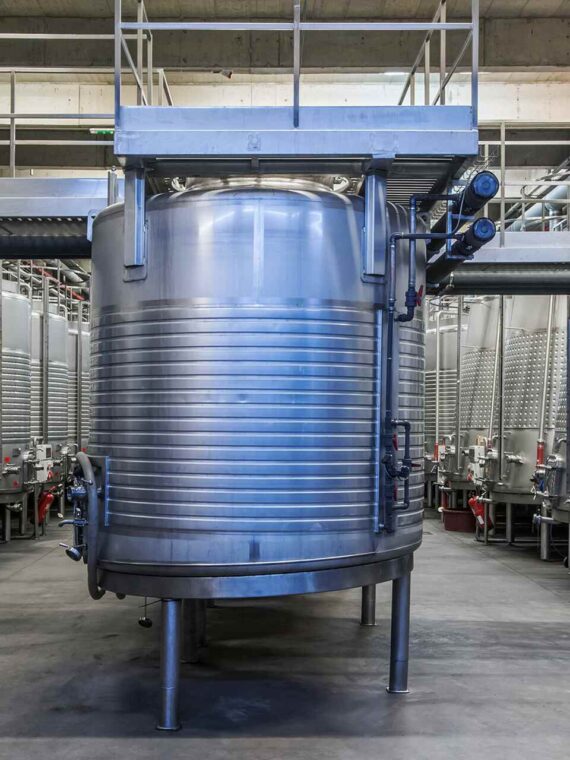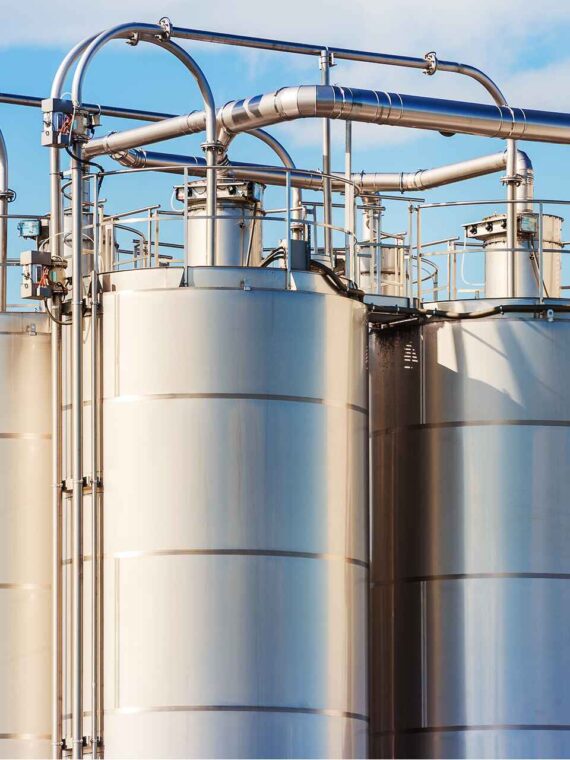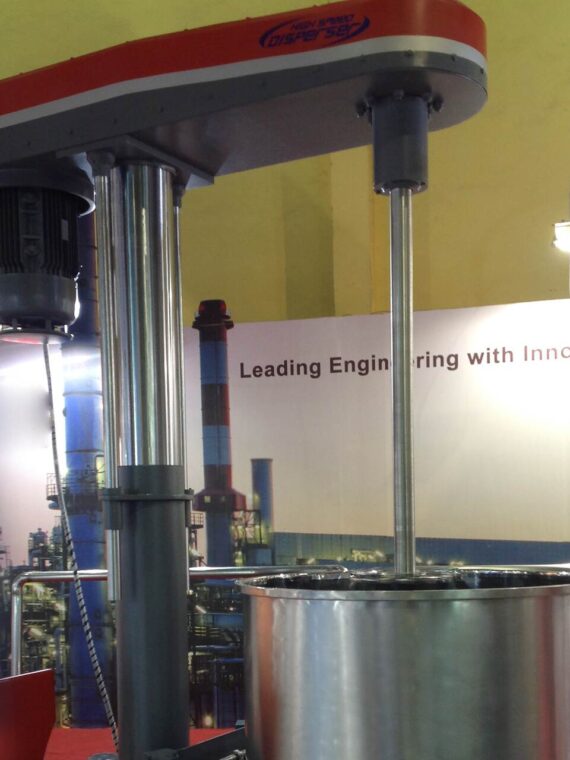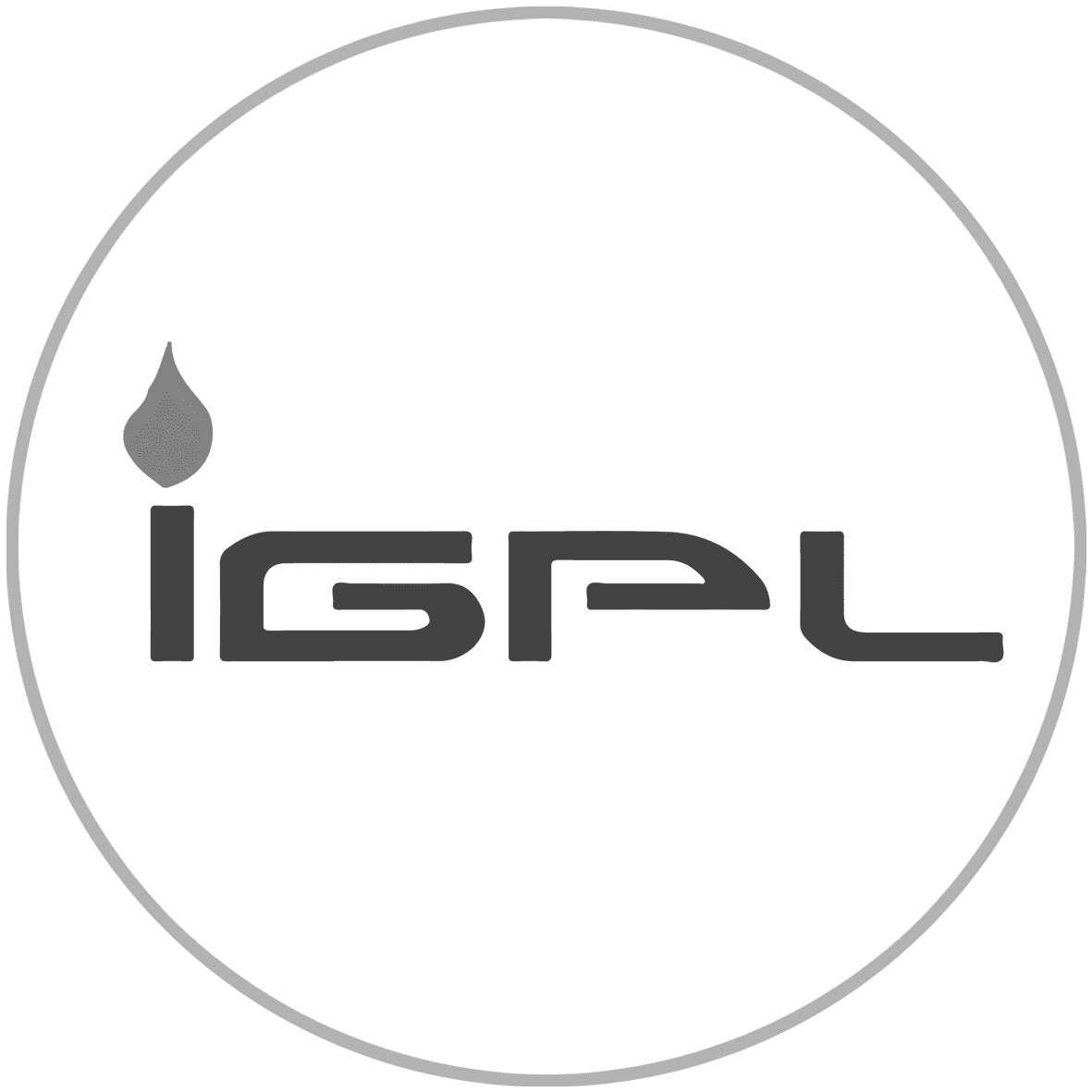Overview of Polymer Industry
India is one of the third-largest consumers of polymers in the world, and there are currently more than 20,000 processing units across the nation. With the increase in demand for polymers in packaging, automotive, construction, agriculture, and consumer goods industries, there is a dire need for high-quality and seamless machinery and equipment.
The set of equipment usually includes Extruders, injection molding machines, reactors, polymerization vessels, high-speed dispersers, and twin shaft dispersers. Here is how the process is followed:
1. Raw polymer material, additives, and fillers are introduced.
2. The raw material undergoes polymerization reactions or compounding processes in the reactors and pressurization vessels.
3. The polymer compound undergoes extrusion or injection molding to take the desired shape.
Experience our story in motion.
Watch our Video
Watch our Video
Products used in the Polymer Industry
Stalwart International is the leading manufacturer of pressure vessels and other equipment used in the polymer industry. If you have specific equipment requirements, our expert designers and fabricators will customize it according to your operations. We are certified by international and national bodies, like ASME U and ISO 9001:2015. Compliance with these standards ensures our manufacturing processes are consistently monitored, controlled, and meet all the regulatory requirements.
WHAT WE OFFER
Explore our innovative equipment solutions for
Q&A
What is the type of material best suited for the manufacturing of equipment used in the polymer industry?
The best-suited material depends upon the specific application, environmental conditions, and operational requirements of the equipment. As the leading manufacturer of pressure vessels, we determine the type of material before proceeding with fabrication. Usually, some common types of materials used are stainless steel, carbon steel, titanium, or specialty alloys.
Why are extruders used?
Extruders are used to shape polymer compounds into continuous profiles, sheets, films, or fibers to ensure uniformity and quality throughout the process.
How is injection molding different from extruders?
Injection molding machines inject polymer compounds into molds to create precise, specific shapes of polymer products. However, in the case of extruders, these machines are used to create continuous sheets.
Why must equipment manufacturers comply with regulatory standards?
Ensuring compliance with prominent regulatory standards is essential to ensure that equipment functions seamlessly without harming the effectiveness of the product or endangering the personnel working in the surroundings.
How is a high-speed disperser different from twin-shaft dispersers?
High-speed dispersers consist of only one shaft with a dispersing blade or impeller attached to it. They are designed for rapid mixing and dispersion of materials. On the other hand, twin-shaft dispersers feature two parallel shafts equipped with disperse blades or paddles. They are designed for intensive mixing, kneading, and dispersion of viscous materials or pastes.
WHY TO CHOOSE US
We apply across an array of sectors,
including but not limited to
CLIENTS' TESTIMONIALS
Trusted by







